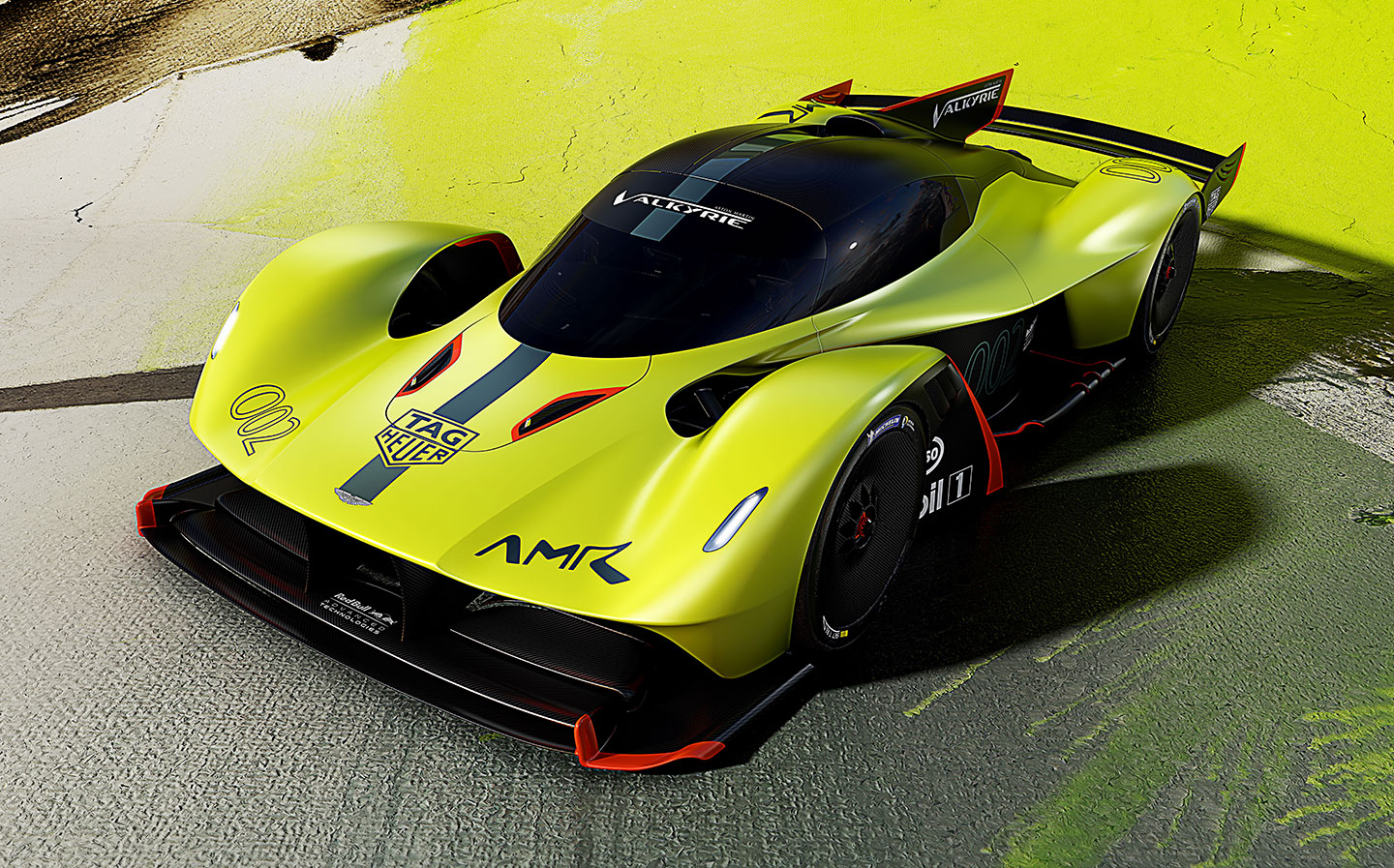Hybrid hypercars on track to race at Le Mans by 2021
From bedroom wall posters to the pit lane
THE LATEST hypercars are poised to race at Le Mans by 2021, as part of a massive new shake-up in the rules for endurance racing.
Set to replace the current Le Mans Prototype 1 category, the currently unnamed new car class will allow manufacturers to enter vehicles based on extreme hypercars, such as the Aston Martin Valkyrie (pictured) and the McLaren Senna.
Other cars will be permitted as bases on which to build top-tier racing cars too, with the new outline stating “supercars, prestigious GTs and concept cars” can also be used as inspiration for these upcoming endurance racers.
Browse NEW or USED cars for sale
More road-legal aspects will be found under the skins of these new cars too. For example, an energy recovery system that powers the front wheels will be mandatory, and must “be used on production cars at a pre-defined price”. Despite the road car links this new breed of endurance racers will still be officially classified as prototypes.
The aim is these hypercar Le Mans racers being at least as quick as the Le Mans Prototypes they’ll replace. Combined outputs in the region of 970 horsepower are being targeted (700 horsepower from the engines; 270 horsepower deployed by the energy recovery motor), with expectations being these extreme racing cars will lap all 8.5 miles of the Le Mans track in about 3m 20s.
Current plans are for these hypercars to make their debut at the start of a new World Endurance Championship season in 2020; and racing at Le Mans in the summer of 2021. It’s anticipated these regulations will be in place until 2024 – by which point, a new class specifically for hydrogen fuel cell racing cars will be introduced to the sport.
More details on these hypercar-derived technical regulations are expected to be published once the new rules are finalised in November 2018.
Tweet to @J_S_Allen Follow @J_S_Allen
Jenson Button to take on former F1 team-mate Fernando Alonso at Le Mans this year





